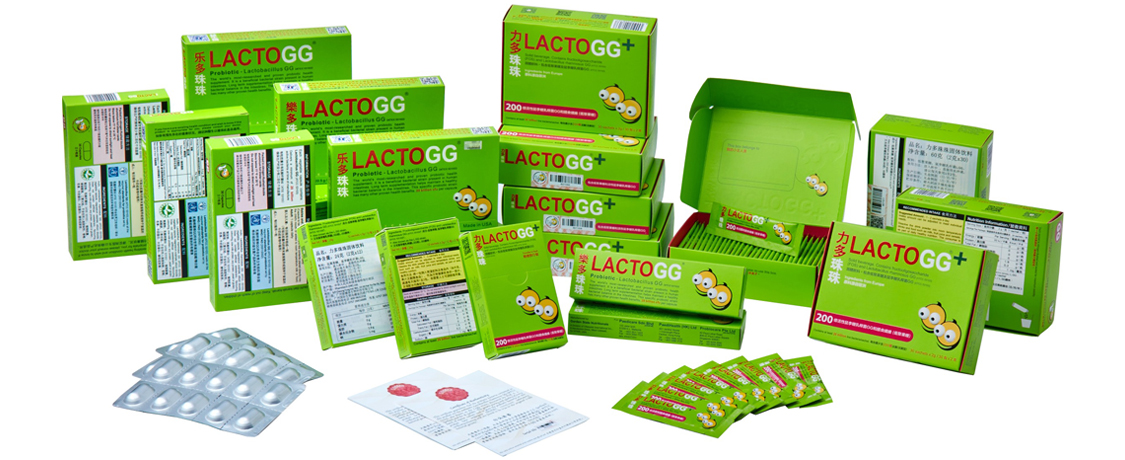| A probiotic is a specific good microorganism which has been proven to remain alive in the human intestinal tract, colonise it and bring about health benefits to the person consuming it.
FAO WHO Report 2001
According to the 2001 World Health Organisation (WHO) and Food and Agriculture Organisation (FAO) of the United Nations report on the evaluation of the health and nutritional properties of probiotics, probiotics are: “live microorganisms, which when consumed in adequate amounts, confer a health effect on the host.” and that the health benefits of probiotics are related to the “strain” of the bacteria, “based upon scientific evidence”. The important words in the definition of probiotics are: ● LIVE ● ADEQUATE AMOUNTS ● STRAIN ● SCIENTIFIC EVIDENCE In order to create health benefits the probiotic bacteria must be alive when consumed and remain alive inside the intestines. The dose of bacterial cells consumed must be high enough to ensure that the probiotic cells will colonise our intestines so that they can communicate with our immune system and with and other bacteria in our intestinal tract. Not all bacteria claiming to be “probiotics” have the ability to colonise and communicate with the human body.This ability is specific and unique to the strain of the bacteria. LACTOGG®'s probiotic bacterial strain is GG (ATCC 53103). Only when the specific strain of living good bacteria colonises and communicates with the human body can it result in health benefits. Most important of all, every health benefit of a probiotic must be proven by proper scientific evidence before it can be accepted as real. In the world of probiotics, not all probiotic strains are created equal. Some are more beneficial than others! |




